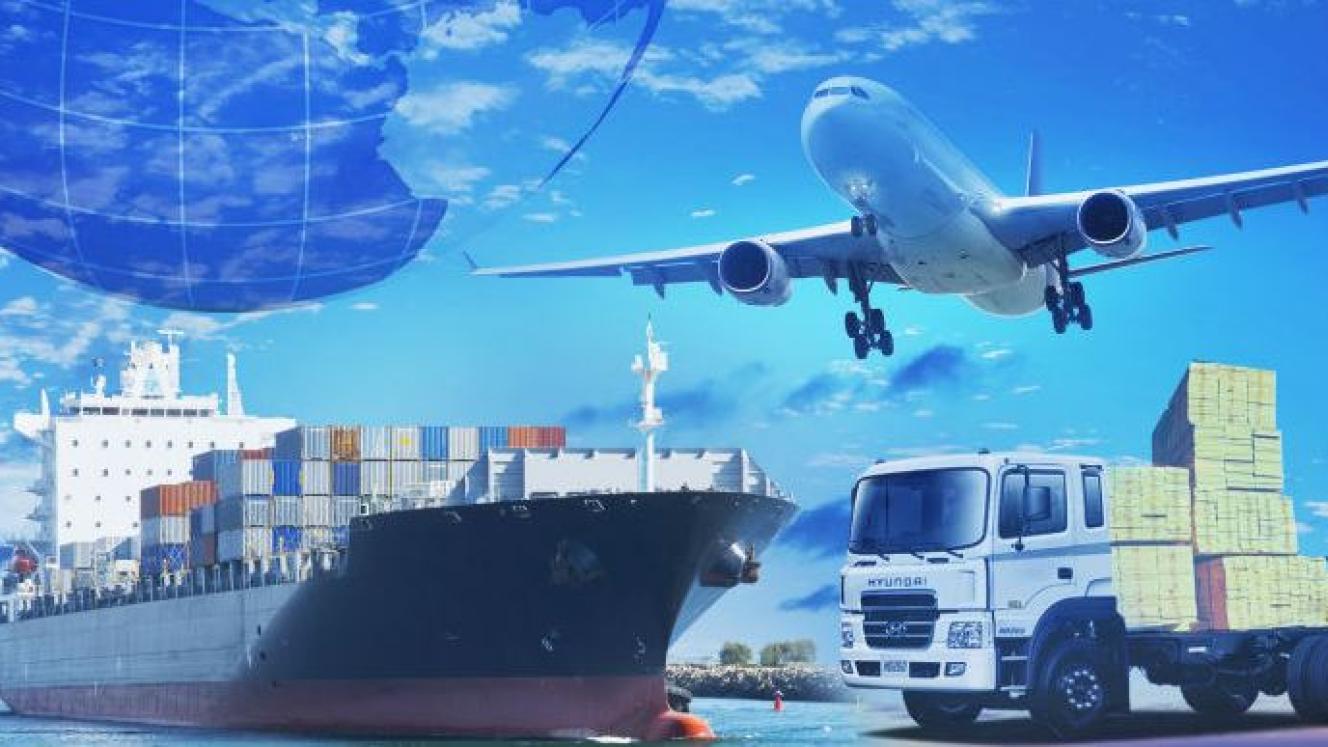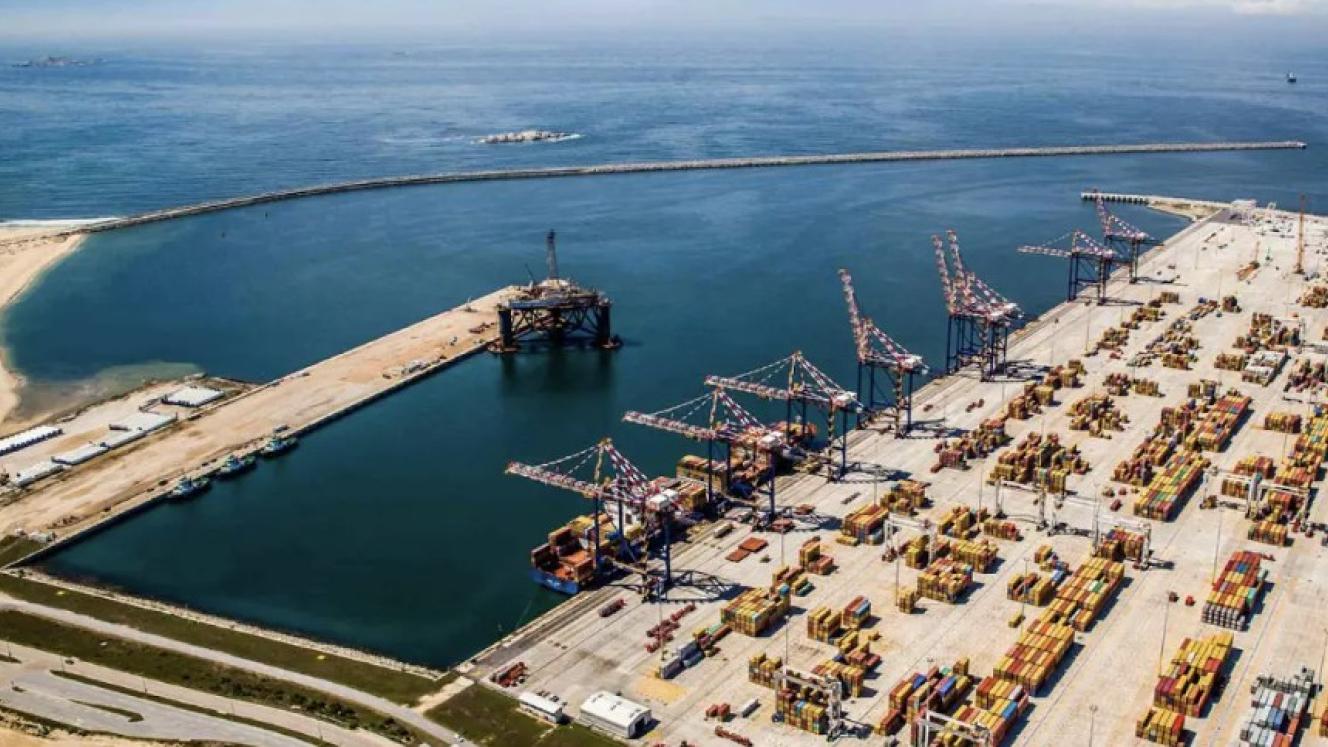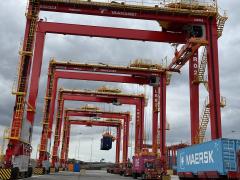Freight forwarders in the business-to-business value chain of international trade are key as their decisions can have a major impact on a port, its operations, and viability, according to Dr Cashandra Mara of the University of Johannesburg.
Delivering an address at the 2022 Southern African Transport Conference in Pretoria on behalf of Dr Mara, master’s student Sibongile Mokoena said its research into container-based trade had revealed the significant role that freight forwarders played in the decisions of shipping lines and other stakeholders as to which ports they used.
Over 90% of global trade is transported by sea and, in South Africa, more than 80% of international trade is facilitated through freight forwarders.
“Freight forwarders are some of the most important players in all economies. In South Africa we believe they are greatly undervalued. They are essential to the smooth flow of international trade and yet not many studies are done about their role,” Mokoena said.
How freight forwarders and other port users perceive a port, its performance, the value it creates, and overall efficiency in handling freight could influence their port choices.
Should their performance analysis be negative, they will advise clients accordingly, which could lead to bypassing a port or even advising against trading with a country. This was highlighted in July 2021 when the protests, looting, and civil unrest in KZN and Gauteng, which hampered port operations, resulted in ships bypassing affected South African ports.
Freight forwarders do not necessarily own much of the infrastructure they require. They are, however, integral to appointing various other players for necessary activities such as customs issues, warehousing, and road or rail transport to handle cargo to and from ports.
To show how quickly a port can fall from grace, Mokoena cited the example of the Durban Container Terminal (DCT), which handles 60% of all containers in South Africa. In a decade it has dropped from being perceived as the best seaport on the continent on the 2021 Global Container Port Performance Index, ranking 370 ports worldwide, to third from the bottom in sub-Saharan Africa.
“This ranking was based on perceptions of poor customer orientation and service quality. The perceived inefficiency translates into higher handling costs, more expensive storage, and delivery delays for the stakeholders,” Mokoena explained.
The DCT’s future ability to reposition itself to meet the basic expectations of its users will not only make it attractive but also boost its competitiveness.













